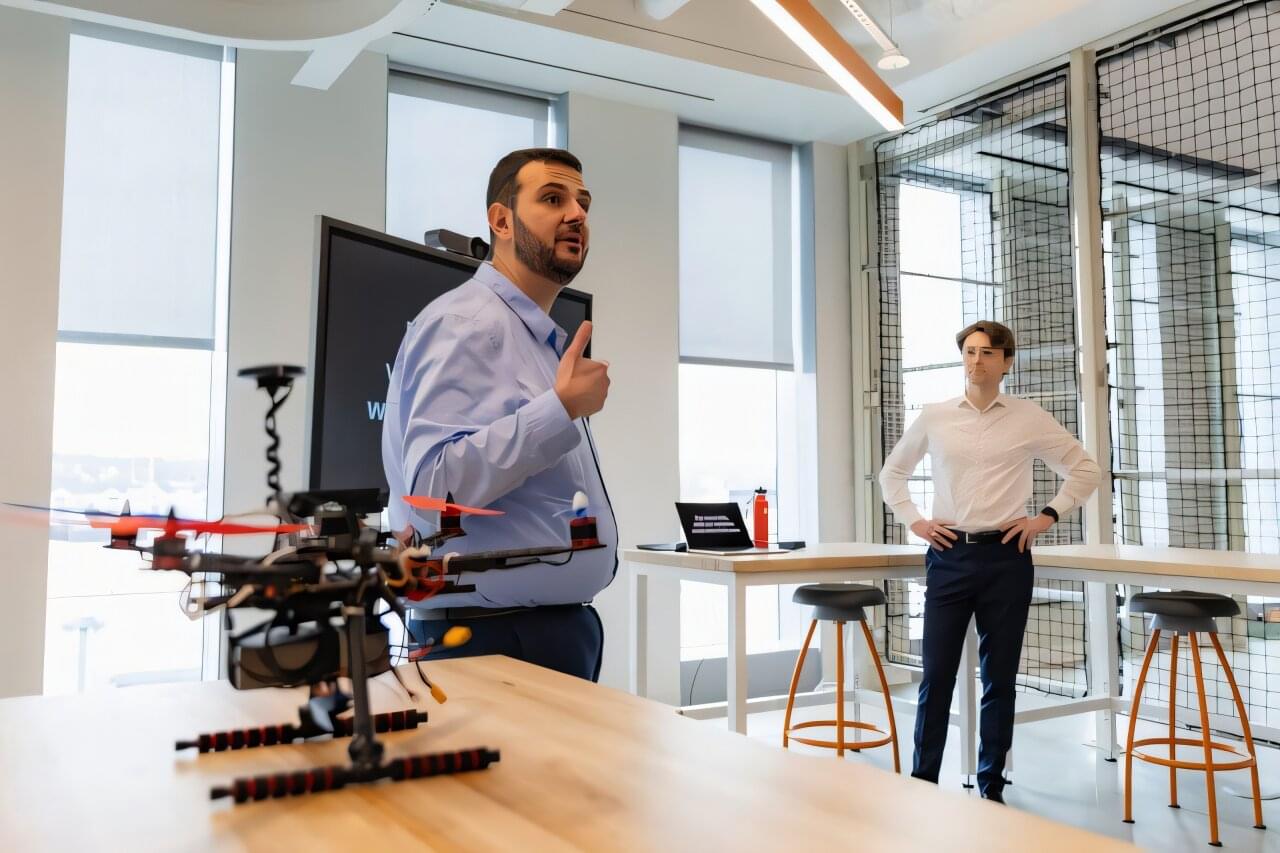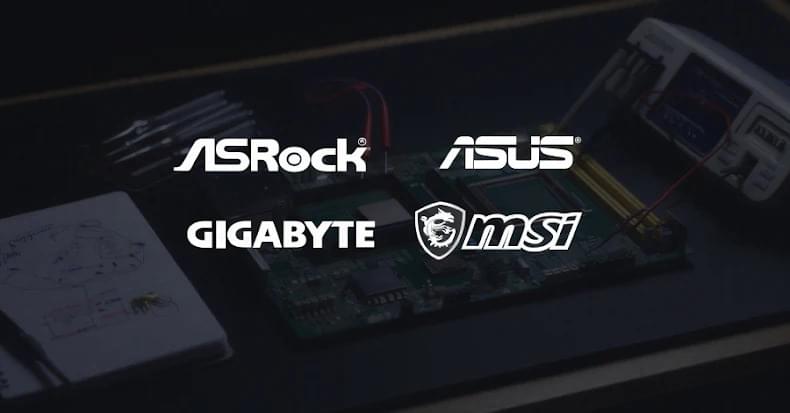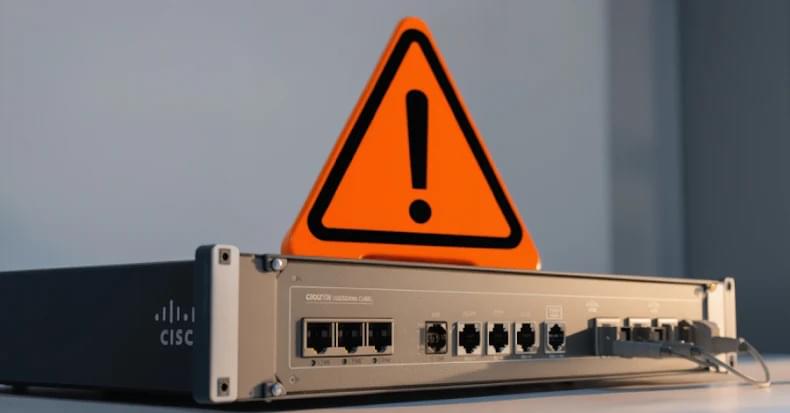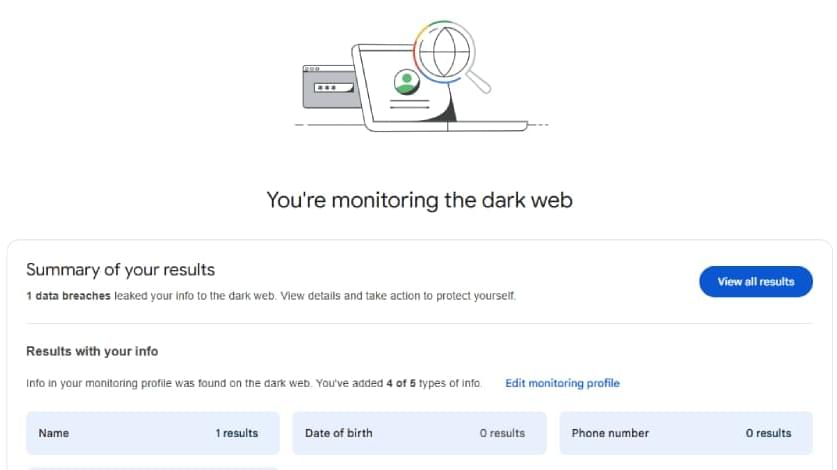This isn’t a high-security government facility. It’s Beverly Hills High School.
District superintendent Alex Cherniss says the striking array of surveillance tools is a necessity, and one that ensures the safety of his students. “We are in the hub of an urban setting of Los Angeles, in one of the most recognizable cities on the planet. So we are always a target and that means our kids are a target and our staff are a target,” he said. In the 2024–2025 fiscal year, the district spent $4.8 million on security, including staff. The surveillance system spots multiple threats per day, the district said.
Beverly Hills’ apparatus might seem extreme, but it’s not an outlier. Across the U.S., schools are rolling out similar surveillance systems they hope will keep them free of the horrific and unceasing tide of mass shootings. There have been 49 deaths from gunfire on school property this year. In 2024, there were 59, and in 2023 there were 45, per Everytown for Gun Safety. Between 2000 and 2,022,131 people were killed and 197 wounded at schools in the U.S., most of them children. Given those appalling metrics, allocating a portion of your budget to state of the art AI-powered safety and surveillance tools is a relatively easy decision.









